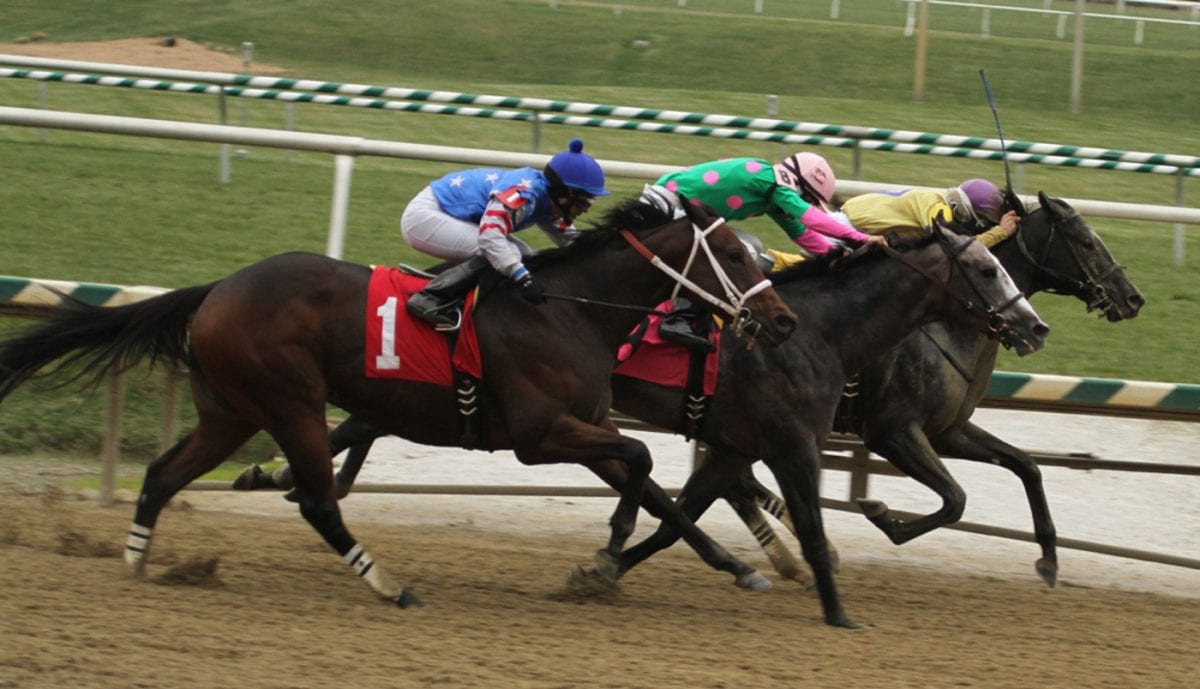In the eighth of his weekly series, Handicapping Zen, handicapper and author Bobby Zen examines the art and science of handicapping horses.
by Bobby Zen
We started this series by talking about how we handicap on an individual basis. So, part of wrapping up this whole process is knowing how to handicap yourself. This means being cognizant of your strengths and weaknesses are as they relate to this business of betting thoroughbreds. It also means tracking and validating your performance on a regular basis, as well as being smart enough to tweak and/or change your process accordingly.
[boxify cols_use =”3″ cols =”6″ position =”right” box_spacing =”5″ padding =”3″ background_color =”gray” background_opacity =”10″ border_width =”1″ border_color =”blue” border_style =”solid” height =”220″ ] SERIES SIGNPOST
SERIES SIGNPOST- LAST WEEK: Money management
- TODAY: Putting it all together
- END[/boxify]
I treat betting as a business, and if you are serious about it, you should do the same. In this age of technology, there are a ton of resources available to us, and I suggest you use them. Know where to look for racing sites, betting publications, historical info (like charts and race replays), and other players’ and professionals’ opinions.
Most of your bets should come only when you believe you have an edge, and you should manage your money tenaciously. It is important to keep your emotions in check, and remember that you make your own luck. No one else is to blame when you make a bad bet, or do not make a bet that you know you should have made.
Another key to success is understanding a concept called confirmation bias. This is a quirk of human nature that we all have to a certain degree; a tendency to notice data that supports our point and ignore information that conflicts with it. Think superstitions and luck. Be honest with yourself, so when you screw up and miss a bet, make sure you understand what happened and whether you missed an important piece of info.
Being able to accept losses is actually another key to success. Let’s say a good handicapper can hit 45% winners, which is a very good number. That also means he will lose 55 of every hundred bets, which doesn’t sound like much fun. Here’s five things to do in dealing with losses:
- Expect defeat. If you are surprised when it happens, you’re not a realist.
- Force yourself to stop looking back. Review what happened, make adjustments as needed, and move on.
- Allow yourself recovery time. A big loss or a tough beat can throw you off balance; allow the time you need, even if it means quitting for the day.
- Tell yourself, “I will fight again.” This helps with the transition from a bad beat to clear your head.
- Begin your next plan. Focus on the fix, which also helps the recovery.
I am a conservative player, so after four or five races that run completely different than what I expected, I stop for the day. I would need to endure several days like this before I would begin to re-evaluate my process. That’s just how this game works sometimes, running in streaks.
When I do hit that bad spell, which we all do at times, I analyze race and bet results to identify what was done right or wrong. Sometimes the way to kick that losing streak is to look closely and/or from a different perspective. Do anything to break a bad streak, except bet more. Try to pick the horse that will run last, or anything to shake up your thinking.
A few more final points on what I do to hone the skills:
- Be yourself. Mold your handicapping and betting style to your personality.
- Be committed to excellence. Set high standards and reach for them.
- Be positive.
- Be prepared. You can never stop learning; put in the work.
- Be detail-oriented. High performance is achieved with dedication to details.
- Be organized. Run your betting business like a profit center.
Remember: in the words of Benjamin Franklin, “Diligence is the mother of good luck.”







